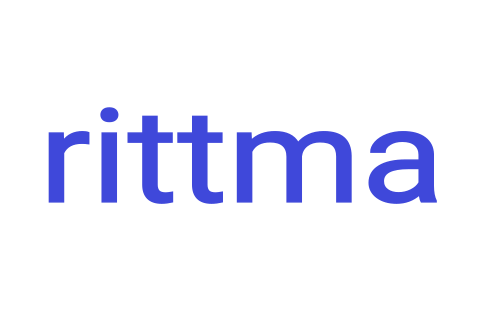BENEFICIARY ENTITIES
Eligible applicants include universities, research centres, companies, municipalities, NGOs, and other public or private entities, in accordance with the rules of the participating national or regional funding agencies. The consortium must include at least three partners from three different countries, two of which must be from EU Member States or countries associated with Horizon Europe.
GEOGRAPHICAL AREA
Open to entities from countries with participating funding agencies: Austria, Belgium, Croatia, Czech Republic, Denmark, Estonia, Finland, France, Germany, Italy, Latvia, Lithuania, the Netherlands, Poland, Portugal, Romania, Slovakia, Slovenia, Spain, Sweden, Switzerland, Tunisia, Turkey, and South Korea.
ELIGIBLE ACTIONS
Eligible transnational research and innovation projects fall under the following areas:
-
15-Minute City (15mC): sustainable urban mobility, spatial reorganisation, and proximity services.
-
Circular Urban Economies (CUE): circular economy, waste reduction, sharing systems, and green reindustrialisation.
-
Positive Energy Districts (PED): energy transition, positive-energy neighbourhoods, efficiency, and renewable integration.
Projects must adopt a transdisciplinary and co-creative approach, engaging end users and local authorities from the proposal design stage.
MINIMUM MATURITY LEVEL
Depending on the project type:
SPECIFIC CONDITIONS
-
Participation of municipalities is mandatory.
-
The consortium must have a formal Consortium Agreement signed within six months after project start.
-
Projects must comply with the Do No Significant Harm (DNSH) principle and promote gender equality and diversity.
ELIGIBLE COSTS
Personnel, travel, subcontracting, materials, equipment (depreciation), communication and dissemination, and overheads, according to national rules.
Non-eligible costs include expenses not directly related to project activities, permanent infrastructure, and costs already funded by other programmes.
ELIGIBILITY PERIOD
Costs are eligible from the project start date (estimated September 2026) until the end of the contractual period defined by the national funding agency.
IMPLEMENTATION PERIOD
Projects may last up to 36 months (until 2029).
SUPPORT
Co-financing rates vary depending on the type of entity and country (typically up to 100% for public entities and 25–80% for companies). The total budget combines national funding with the European Commission’s co-fund contribution.
CALL BUDGET
Indicative overall budget exceeding €50 million, combining national/regional funds and the European Commission contribution.
